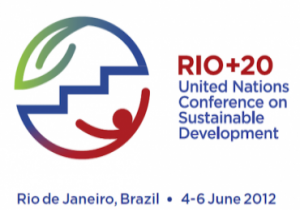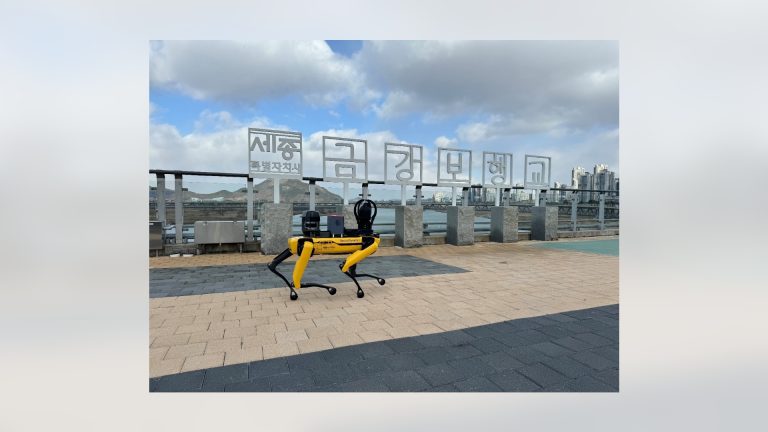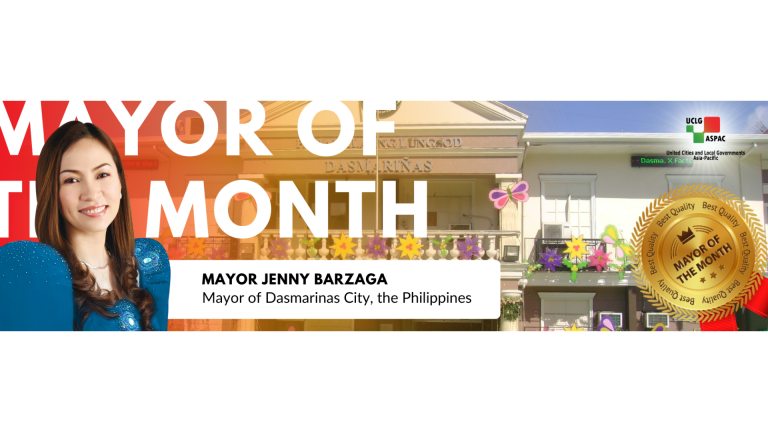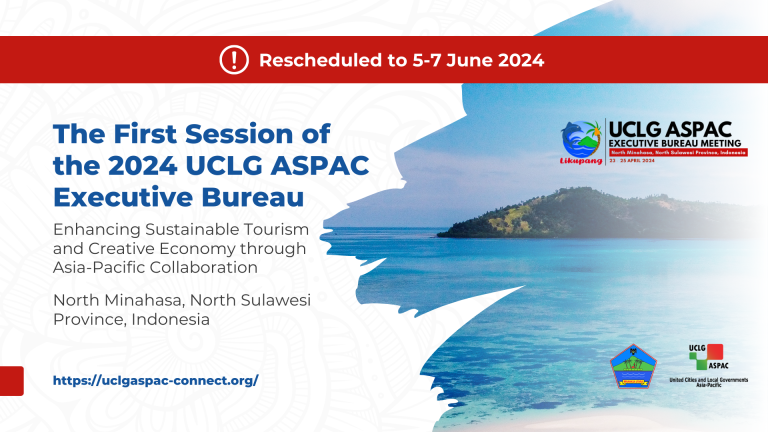WITH the Earth Summit now 186 days away, preparations for the summit are due to intensify in the coming weeks. The second inter-sessional meeting for Rio+20 took place in New York on 15-16 December.
This circular aims at explaining the main outcomes of the gathering whose main objective was to discuss the content and structure of the outcome document envisaged for Rio+20.
The expected outcomes of Rio+20
Over 600 stakeholders, including UN members states, international organizations, local and regional governments, civil society and private sector have provided inputs resulting in a 6,000 page compilation document that will need to be reduced by the Secretariat.
There is still disagreement among the different countries concerning the type of document to be produced; while all agree that it should not be a treaty and it should be concise, it seems that a majority of countries would like an 18 page political declaration as the result of the 2012 Earth Summit.
The current discussions structured around green economy and a new Global Institutional Framework for Sustainability have not led to any consensus yet. While there is growing understanding that sustainability needs to be seen beyond the merely environmental issues, it is the environmental aspect that prevails in the inputs by governments. There is no common definition of green economy and there is a clear call from the G77 to bring blue economy to the forefront of the debate.
The recognition of cities and local government
Acknowledgement of the role of cities and local governments is growing but still considered sectorial.
A group of States recently launched a Group of Friends of Sustainable Cities led by Sweden and Singapore which gathers around 25 member states (Brazil, China, Costa Rica, France, South Africa, Spain, Turkey, etc.).
The Brazilian Government has further envisaged one of the thematic tracks of the summit to be dedicated to Sustainable Cities. Other topics will be: poverty eradication; sustainable production and consumption.
Moreover, Sweden organizes from 23 to 25 April 2012 a follow-up of the Human Environment Summit – Stockholm+40 .
Despite this progress, few countries have made reference to the local level governance and the need to enhance sustainable cities during the discussions. The exceptions being Turkey and Singapore which referred to increasing urbanization as a strong argument to involve cities to contribute to the outcome document. The European Union, with no reference to sub national governments, emphasized the need to include all stakeholders.
The statement of local and regional authorities
The Statement delivered by UCLG on behalf of the Local and Regional Authorities calls for addressing the importance of local and regional governance in the outcome document as a way to overcome the implementation gaps of the international commitments faced until now. Local and Regional Authorities further called for a multi-partnership based institutional framework and expressed their support to the creation of an International Council on Sustainability.
Calendar towards Rio
UCLG and ICLEI are the two formal representatives of Local and Regional Authorities before the UN Secretariat for the Rio+20 process. UCLG members and partners will receive first hand information transmitted by the Rio+20 Secretariat.
Following the change of dates of the Summit which are now fixed for 20-22 June 2012, the calendar of preparatory meetings is also due to be modified as follows (subject to confirmation from the Bureau):
9 January Release of the new outcome document draft
6-8 February Informal negotiations on outcome document in New York
12-23 March Informal negotiations on outcome document In New York
26-28 March 3rd Inter-sessional Meeting in New York
30 April-4 May Informal negotiations on outcome document in New York
13-15 June Preparatory Committee in Rio
UCLG will organize its Executive Bureau in Rio de Janeiro at the occasion of the Summit.
The Executive Bureau will be followed by a Local and Regional Governments day organized in partnership with UN Habitat, the Brazilian Government and other sister organizations. The exact dates will be confirmed very soon.
ICLEI and other sister organizations, such as C40, Eco Builders and NRG4SD will be active in Rio de Janeiro organizing different side events and facilitating the presence of local and regional authorities. We will keep you posted on these activities as well.
6 important steps to undertake in January
- Check with your national governments if they are going to organize consultation on the inputs for the Summit.
- Send to your national government the UCLG inputs.
- Express interest in being part of the national delegation to the Summit.
- Request your government to advocate for a special role for local and regional governments in the Summit, allowing them to report directly to the Ministerial meeting.
- Let us in UCLG know if you would be interested in being actively involved in the preparation of the messages of local and regional authorities.
- Register for the Conference BEFORE 20 MAY. UCLG will send you a registration form upon request.
The Structure of the Conference
- 21-22 June: 2 Plenaries a day. The last plenary will probably also have speaking slots for local authorities.
- 20 June: 10am Official Opening with speaking slots for Major Groups (including local authorities)
- 3pm: Ceremonial Opening
3 High-Level Round Tables under the theme ‘;Looking at the way forward in implementing the expected outcomes of the Conference:
- Wednesday 20 June: from 16:30 to 19:30
- Thursday 21 June: from 10:00 to 13:00
- Friday 22 June: from 10:00 to 13:00
The round tables will consist of 70 participants with 50 member states and 20 other participants (among which local and regional governments can be represented).
The World Secretariat will provide more detailed information and a monthly set of steps to undertake for the coming 6 months until the Earth Summit itself. Should you have activities that could contribute to the collective mobilization of local and regional authorities towards Rio, please do not hesitate to contact us.











